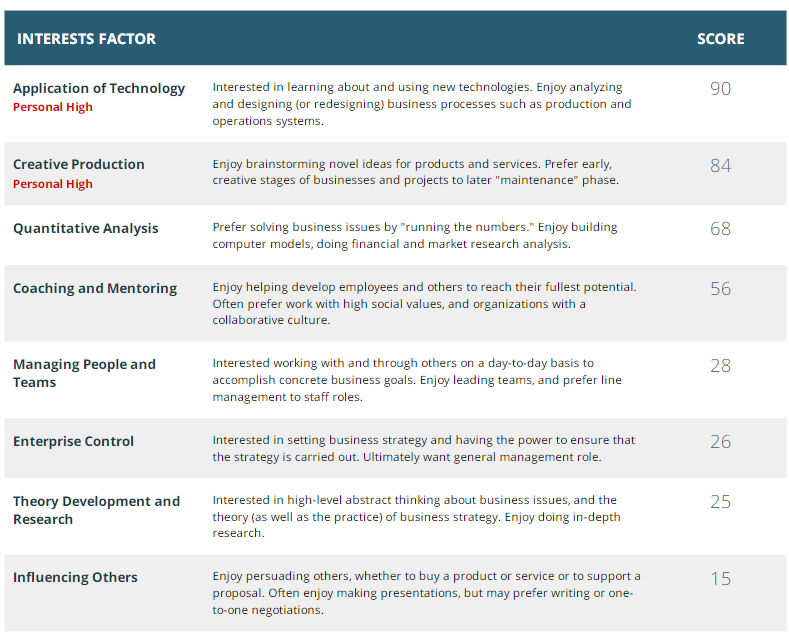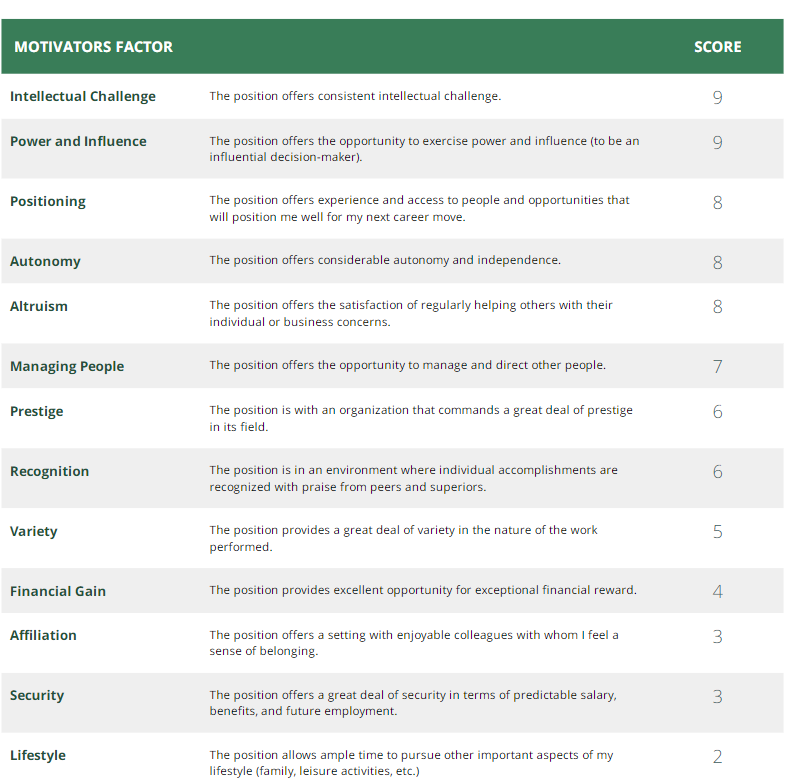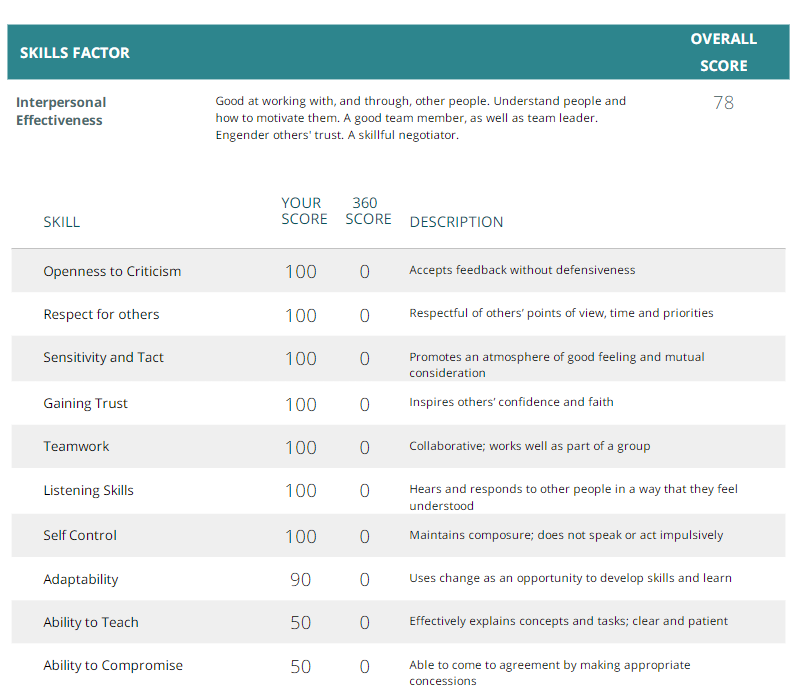Coaching a team helps them grow and leads them to greatness. Anam Javaid, Coach at Nebula Academy and accredited facilitator from the Academy of Brain-based Leadership utilizes her knowledge and expertise to provide sustainable results to underserved youth in UpSkill NY and Sister Cities Project workforce development programs (2021-2022). Read the full press release
PSYCHOLOGICAL SAFETY
The key to happy, high-performing people and teams
What is psychological safety?
The term Psychological Safety was originated by Harvard Business School. This applies to team work. The context by Edmondson defined psychological safety as:
“A belief that one will not be punished or humiliated for speaking up with ideas, questions, concerns or mistakes, and that the team is safe for interpersonal risk taking”- Edmondson, 2014
Why is this Important?
Research has revealed the importance of Psychological Safety for personal mental and physical health, engagement, and productivity. Nebula Academy coaching builds on communication skills; identifying and managing the triggers that threaten Psychological Safety, for example:
Changes in speech
Facial expressions
A person who is surprised raising their eyebrows
Bodily expressions
Showing pride
Shame or disgust
When our Psychological Safety is threatened, our brain is triggered into a stress response which compromises our abilities and impacts our ability to think, be creative, make decisions, and regulate emotions.
Experiencing psychological threat over a prolonged period can have more serious impacts on mental and physical health and wellbeing and can lead to burnout and illness. For example, let’s say your working on multiple projects and they are due at 4pm, but you are not even close to being done. This might make you anxious and your stress level will rise. Learning to control emotions will reduce triggers to your brain so you won’t cause illness to the body.
Why is this relevant for the workplace?
In 2015 Google published the results of Project Aristotle, an in-depth study to find the factors common to high-performing teams. Research on 100s of their teams revealed the most agile and high-performing teams were those with a high sense of Psychological Safety. Members of these teams felt a sense of trust and security within the team which enabled them to speak up and be themselves, without fear of retribution or ridicule. This led to a more engaged and collaborative team where members were more trusting, less likely to leave and more likely to harness the power of diversity, leading to greater team performance and success.
How do you measure and build it?
Thanks to recent breakthroughs in neuroscience we are now gaining this visibility by uncovering the brain’s social needs that determine and impact our sense of Psychological Safety.
Your brain is hardwired for Safety!
As society has evolved, our brains have become acutely sensitive, not only to physical threats, but to psychological threats we perceive in our social interactions. These can be things like attitudes, behaviors, motivations and judgements.
Mostly these threats are monitored and detected by our brain at a nonconscious level. In fact more than 99% of our decisions, motivations and reactions are influenced by automatic, nonconscious processes, meaning that most of the time…you are on autopilot.
Building safety for our brain!
It’s important to keep our brain safe and not cause any triggers. Its our job to take control of our emotions so we won’t be stressed out. Or get sick. We also have to know that people are different and respond to different triggers. Don’t let emotions take over you, YOU take over them.
The Academy of Brain-based Leadership










